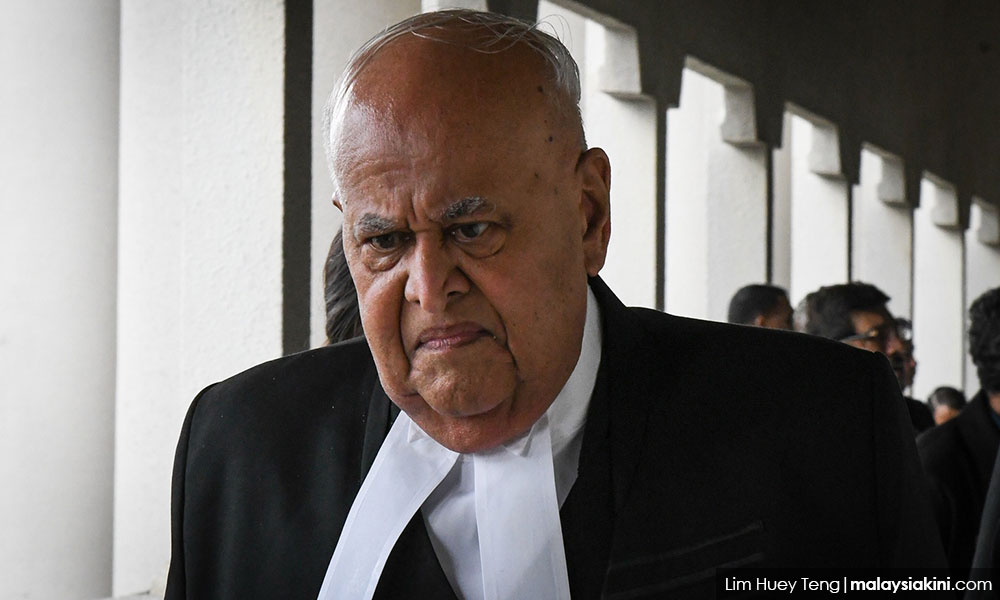
Two South Africans and a Peruvian will know on Aug 13 whether they will succeed in their Federal Court appeal against their death sentences for drug-trafficking.
The nine-person bench, chaired by Court of Appeal president Rohana Yusuf, set the date after hearing final submissions from the trio’s defence team led by former federal court judge Gopal Sri Ram and the prosecution.
The accused are South Africans Letitia Bosman and Benjamin William Hawkes and Peruvian Jorge Crespo Gomez.
The crux of the trio’s appeal is premised on the argument that a 1983 amendment to the Dangerous Drugs Act which imposes the mandatory death sentence on those convicted for drug trafficking is invalid and unconstitutional.
Last March 6, during the hearing of the trio’s appeal, Sri Ram had argued that the 1983 amendment to the Dangerous Drugs Act is unconstitutional.
The senior lawyer submitted that the amendment removed the court’s discretion to impose either life imprisonment or death sentence for the offence meaning Parliament had usurped judicial power from the courts.

The three appellants were separately convicted and sentenced to death by the High Court between 2015 and 2016 for drug-trafficking. All three lost their appeals at the appellate court.
According to a copy of one of the appellant’s submissions, the 1983 amendment amounts to an interference of the judicial function. The appellant’s defence team also argued that Parliament cannot make laws which cut through the doctrine of separation of powers.
They argued that via the introduction of the mandatory death penalty, the legislature was acting disproportionately in violating the fundamental right for equal protection under the law as enshrined under Article 8 of the Federal Constitution.
“The death penalty is not a commensurate punishment for all drug cases. Hence, the legislative response to the problem was obviously disproportionate. Before exercising judicial power to impose a death sentence, there are considerations which must be taken into account,” the submission read.
Meanwhile, according to a copy of the prosecution's submission, they said the function of the court is only to apply the law and if the present law is disproportionate, cruel, inhuman or degrading, then the initiative to change should come from the legislature.
They urged the apex court to apply the Dangerous Drugs Act as it stands currently because the impugned provisions had been enacted within the competence of Parliament as provided by the Federal Constitution.

The prosecution argued that if the court allows the change, it would be a serious departure from the law and would result in total uncertainty.
For the record, between 1975 and 1983, judges were given the discretion to either impose the death penalty or life imprisonment after finding an accused person guilty of drug- trafficking.
This discretion, however, was withdrawn in 1983.
The government then amended the law three years ago to again give the court the option whether to either impose the death sentence or life imprisonment but subject to certain conditions by the public prosecutor.
This new law came into effect on March 15, 2018. However, the appellants cannot benefit from the new law because it does not have retrospective effect.
Other members of the nine-person bench are Chief Judge of the High Court of Malaya Azahar Mohamed, Chief Judge of Sabah and Sarawak Abang Iskandar Abang Hashim and Federal Court judges P Nallini, Vernon Ong Lam Kiat, Abdul Rahman Sebli, Zaleha Yusof, Zabariah Yusof and Hasnah Mohammed Hashim. - Mkini



No comments:
Post a Comment
Note: Only a member of this blog may post a comment.